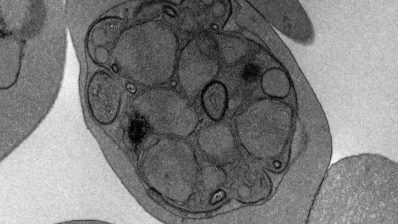Researchers identify several chromosomal alterations — chromosomal inversions, specifically — that may explain the tendency for obesity to be associated with certain other diseases. The study has been led by the Barcelona Institute for Global Health (ISGlobal), that has analysed data from over 400,000 individuals. Although many epidemiological studies have postulated an association between obesity and diseases such as hypertension, asthma, diabetes or depression, until now it was not known whether obesity was a cause or a consequence of these comorbidities or the result of shared genetic conditions. This study suggests the latter is the reason behind this association.
“Chromosomal inversions are rearrangements that cause a segment of DNA to be reversed end to end”
In inverted regions, the function of several genes located in or near them may be impaired. This is why inversions make certain people more susceptible to diseases that often occur concomitantly.
The research team identified three chromosomal inversions that are common in people who have obesity and asthma, obesity and hypertension, or obesity and depression. One of most interesting findings was the increased frequency in obese and diabetic people of an inversion located on chromosome 8.
Juan R González, Carlos Ruiz-Arenas, Alejandro Cáceres et al. Polymorphic inversions underlie the shared genetic susceptibility of obesity-related diseases. American Journal of Human Genetics, Mayo 2020. DOI: 10.1016/j.ajhg.2020.04.017






